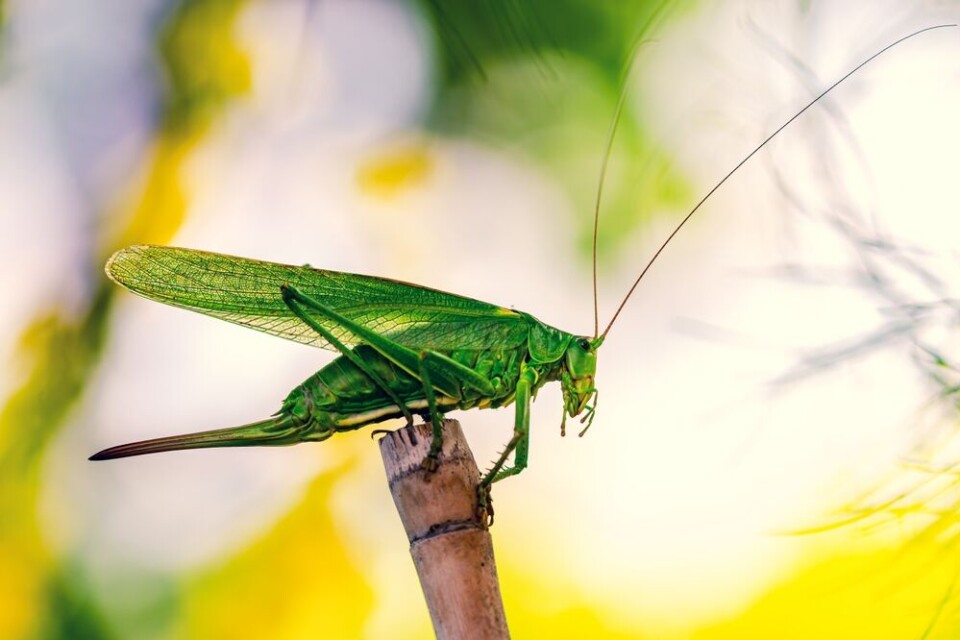-
What you should do to your garden in France in spring
Weeding, pruning, sowing, preparing the lawn…here is how to welcome sunnier days
-
Rules change for dog walking in France from April
Here is how to ensure you and your dog remain within the rules and avoid fines
-
Mimosa is pretty…but ‘posing threat to biodiversity’ in south of France
The flowers are prized in the region, but not everyone is thrilled to see their spread
Why 'cicada' song in Brittany is not what it seems (and sounds like)
An environmental group was alarmed by the sound, which is usually heard in Mediterranean areas, but a local entomologist has a more logical explanation

The ‘Cicada song’ reportedly heard in Morbihan, Brittany, by members of a local environmental group is probably not what it seems, a local entomologist told The Connexion.
The group Bretagne Vivante said that the insects, which are native to southern Mediterranean areas, could have been brought to the Saint-Marcel area on olive trees imported from Spain, adding that cicada larvae could have hidden in the bark and soil.
However, entomologist Michel Collin believes there is another, more logical, explanation.
Crickets the more likely culprit
Mr Collin, who originates from Morbihan and leads the Bureau d’Études en Entomologie, a Brittany-based entomological research and education group, said that the sound was probably that of crickets.
The great green bush-cricket, which can be found in almost all of France, produces a very similar sound to that of cicadas when temperatures rise in the summer.
This cricket is very susceptible to pesticides, which is why it has become increasingly rare in areas like Brittany where there is a lot of intensive farming.
Though it occasionally eats plants, this cricket mainly consumes other insects, such as caterpillars and pests like the potato beetle. Indeed, prior to the growth of chemical pesticides, these crickets were seen as free pest control.
Hearing them in Brittany is therefore a good sign. Although it is still a possibility that cicadas have been introduced accidentally, Mr Collin says it is ‘highly unlikely’.
Both cicadas and crickets ‘sing’ when temperatures rise above a certain threshold, which is why global warming may affect how much they are heard during the year.
However, they produce their sounds in different ways, as cicadas vibrate their hollow thorax while crickets mostly use a dedicated part of their legs.
Turning singing insects into cicadas is not a first in France: the poet Jean de la Fontaine’s fable, ‘the ant and the cicada’ was originally a Greek story by Aespo, titled ‘the ant and the grasshopper’.
Read more:
Why you may be hearing cicadas in France more this week
Être fourmi plutôt que cigale: A French expression you may hear today
How can France fight invasive species like Asian hornets?
























